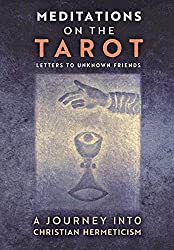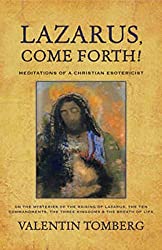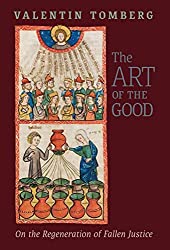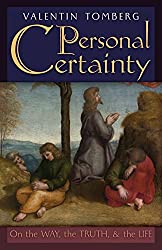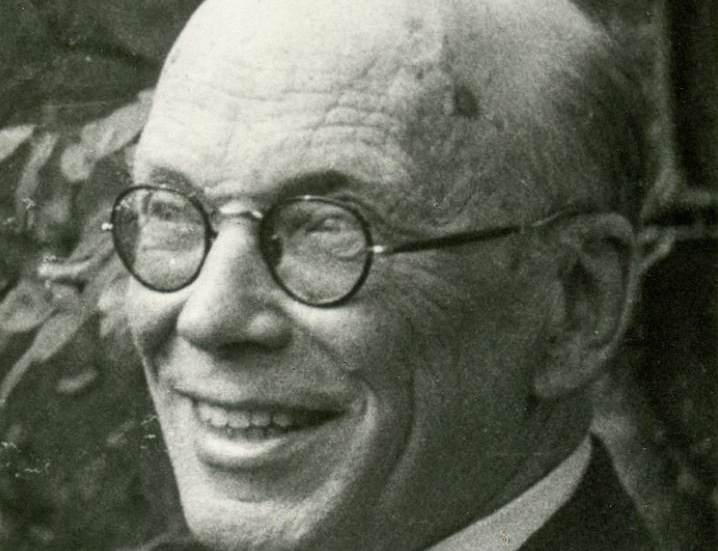
At the end of a recent segment on the Enlightenment, I turned to the subject of hope. For I share a world with many who are losing hope as to the sustainability of our present civilisation.
And as I said in this little series, I myself have little hope in the prospects of creating an ultimately sustainable civilisation on the back of Enlightenment assumptions and the secular and unbridled capitalist society that has grown from these.
What can I say? Our civilisation has been stripped of that which it needs for its very survival. It has been stripped of Higher Order. From a Western Civilisation that once understood its fallenness, its brokenness and need to order itself to the Economy of Salvation, it now increasingly orders itself to the Economy of money, money alone.
Aspiration to the Transcendent becomes replaced with the bottom line.
Yesterday morning, my beloved said something so poignant. For she was seeing acutely how we had degenerated from a society which had at least aspired to be ruled by this Higher Order to a society ruled by corporations.
And she evoked for me the title of an important book I once studied and which I have recently reviewed here: When Corporations Rule the World by David C. Korten.
We believe that in overcoming the authority of the Church, we have created a free, democratic society. But as Korten’s book makes clear, rather than creating a truly free society (which needs Moral Order and Authority), we have in so many ways created a Moral Vacuum.
And nature abhors a vacuum.
The great corporations have been all too eager to rush in and fill the vacuum, fill the vacuum not with Christian values, but with that which feeds and aggrandises egotism.
Yet personally I have hope. All is not lost. Because the civilisational pattern held by the Catholic Church has not been destroyed. It has been battered, marginalised, diluted, mocked, betrayed, compromised in untold, countless ways.
But still it stands. It is not dead.
This is where my life has led me to: Neither a trace of hope in secularism, nor corporationism, nor in New Age-ism or religionless spirituality, but hope, hope in the Church.
Hope in the Catholic Church, which represents the stream in Western Society which opposed most fully those currents of modernity, which in a certain sense, one can observe began with the Reformation and continued apace with the Enlightenment and secularisation.
Or again to quote Valentin Tomberg from the earlier post on the Enlightenment:
Only one part of divided humanity (divided into states, races, nations and classes) remained loyal to the [previous world] conception. It is the Catholic Church …
Valentin Tomberg, The Art of the Good p.
These words stem from the first of Tomberg’s jurisprudence works, after his conversion. Tomberg, who had been an eminent, if controversial, Anthroposophist—with all the Anthroposophical faith in the Enlightenment—now hailed instead the Catholic Church for defying the Enlightenment!
And how these words once shocked me to the core of my being . . . !
Yet this Church, it seems to me very nearly went under after Vatican II, which helps explain why Tomberg was so critical of Vatican II.
In Iota Unum Romano Amerio does a superb work I think, in clarifying these matters. He details the endless compromises of the unhappy post-Vatican II pontificate of Paul VI, compromises which were often rooted, I think, in a noble idealism, but tragic in consequence nonetheless.
But he also shows how under the succeeding Pontificate, St. John Paul II began to stop these compromises. To give just one example, Amerio paints a picture of the Priesthood and Religious Orders haemorrhaging under a relaxed rule and attitude, which was seen as Reform. (Yet as Amerio points out in the case of the Orders, reform in the past took the form not of sloppy indulgence, but greater vigilance, rigour and commitment!)
In so many ways it seems to me, St. John Paul II started the work of saving the Catholic Church. And now the present Holy Father continues on the foundations the saint laid down.
O St. John Paul – how often you are decried by certain Catholic Traditionalists. But how very much you really did! Perhaps with the benefit of “20-20” hindsight, it was not enough. But who am I to judge YOU, in the midst of pressures I cannot even begin to imagine? How dare I say you should have or could have done more!
But I digress. The real point here is that the Church is not dead – although she has received enormous blows to Her Body, both from without and even more tragically, from within. And in this crisis, she needs the effort of the faithful to support her True Cult – if we are not to fall ever more into the Death Cult of the Enlightenment.
Yes ora et labora, prayer and effort, great work is needed by all of us who can see what the Catholic Church still holds for the world.
This is what that great Catholic convert Valentin Tomberg came to see and it is also what he led me to see . . .
I am not sure whether this little series that began with musings on the Enlightenment Death-Cult will continue or whether I shall be turning my attention soon to the kind of work that is needed and of which I hope this webproject can play its very small part.
Foreword for Monarchy by Roger Buck
Buying Books at Amazon Through These Links Gives Us a Commission. This Supports Our Apostolate. Thank You if You Can Help Us Like This!





